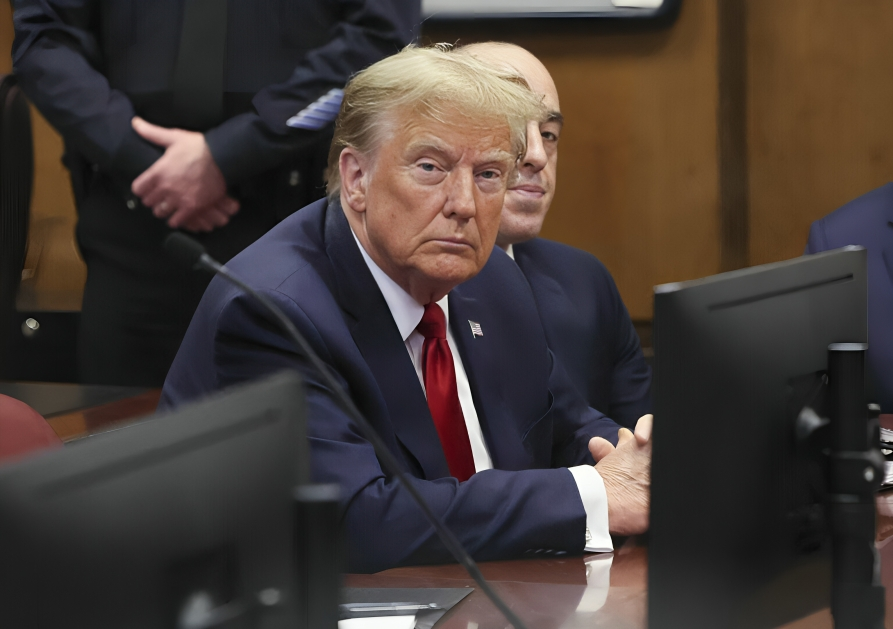USA: Former U.S. President Donald Trump has declared that overwhelming lethal force will be used until his administration’s objectives are fully met. Speaking at a recent rally, Trump emphasized a hardline stance on national security and military operations, suggesting that any opposition to U.S. interests would be met with decisive action. His remarks have reignited debates about the use of military power and the broader implications of such a strategy on international relations.
Trump’s statement reflects his longstanding belief in projecting strength as a means of deterrence. Throughout his political career, he has advocated for an aggressive approach to military conflicts, arguing that overwhelming force ensures quicker resolutions and protects American lives. However, critics argue that such rhetoric could escalate tensions globally and lead to prolonged conflicts rather than swift victories. The potential consequences of this approach remain a point of contention among political analysts and foreign policy experts.
The former president’s remarks come amid heightened geopolitical tensions, with various conflicts and security challenges dominating international headlines. His comments suggest a return to a doctrine of military dominance, which was a hallmark of his previous administration. Supporters see this as a necessary stance to maintain U.S. supremacy and deter adversaries, while opponents warn that it could alienate allies and provoke unnecessary confrontations.
As Trump continues to make bold declarations regarding military strategy, the global community is closely watching how these statements will shape future policies. Whether this approach will gain widespread support or face significant opposition remains to be seen, but it is clear that his rhetoric continues to influence debates on national security and America’s role on the world stage.



